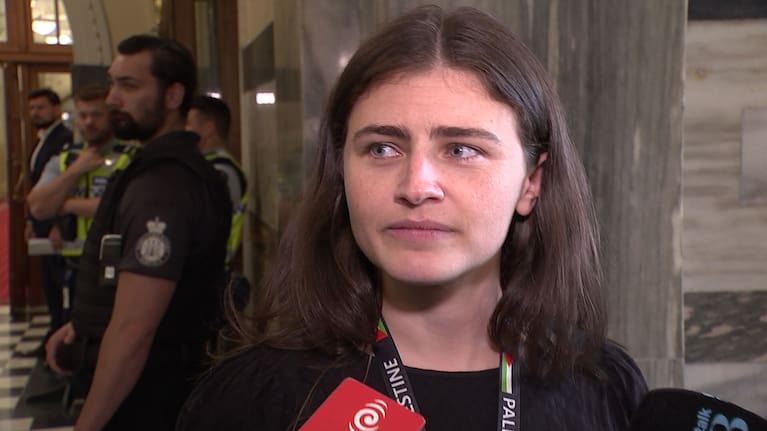Analysis: Politicians have long been loath to introduce reforms around the middle voter's drug of choice, writes Q+A presenter Jack Tame.
Alcohol is New Zealand’s most harmful drug.
This is nothing new. When measured by the total harm that specific drug usage causes in society, alcohol has been top of the pops in New Zealand for some time.
And while illicit drugs such as methamphetamine may cause more harm at an individual level, the widespread nature of alcohol consumption means booze stands alone atop the podium.
According to a RNZ report this week, police estimate alcohol harm across our society costs almost $8 billion every year.
This is a staggering figure, roughly equivalent to Fiji’s entire annual GDP.
But given the extent of the harm, alcohol policy barely registers in New Zealand’s political discourse.
Despite claiming to be concerned about alcohol harm, the last government did little to institute big changes.
After initially announcing a review of alcohol policy, Labour changed licensing laws to give communities more of a say about where alcohol retailers can operate. But wider reforms around alcohol sponsorship and advertising were delayed until the end of the government’s second term and then culled in the so-called policy bonfire in the lead up to last year’s election.
A private member’s bill from the Greens’ Chloe Swarbrick that would have restricted alcohol advertising and sponsorship was voted down at its first reading.
All ACT and National MPs voted against the bill, and fewer than a third of Labour’s MPs cast a conscience vote in support of the measures.

Why the hesitancy around alcohol reform?
The main reasons for the political intransigence are two-fold: the effectiveness of a well-resourced alcohol lobby, and concern among politicians over voter perceptions of a "nanny state".
One can only imagine how different their attitudes and responses might be if the $8 billion in harm was not caused by the middle voter’s drug of choice.
The most revealing point this week was not the scale of the harm caused by alcohol, but Police Commissioner Andrew Coster’s unusually candid suggestions for policy reform.
"Do we need to be able to go to an off-licence late into the evening to be able to secure more alcohol or would it be okay if we had to buy alcohol during daytime hours?” he asked.
"Are we prepared to have any limits on the price of alcohol that would make it less accessible for excessive drinking?”
At a time of heightened public concerns over crime and public safety, you might have expected strong policy response to a drug police suggested factors in a third of all violent offending.
But if the Commissioner expects any political action on alcohol harm, recent history suggests he will be sorely disappointed.




















SHARE ME